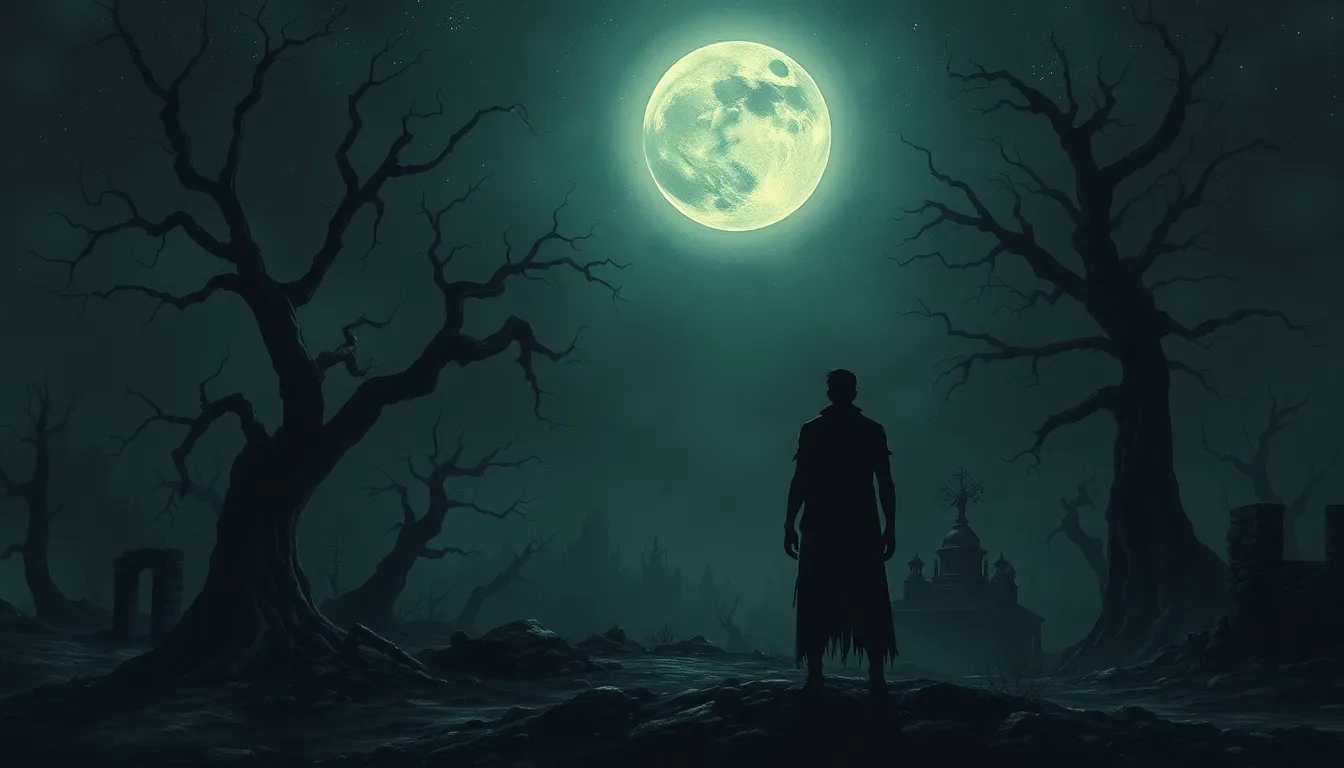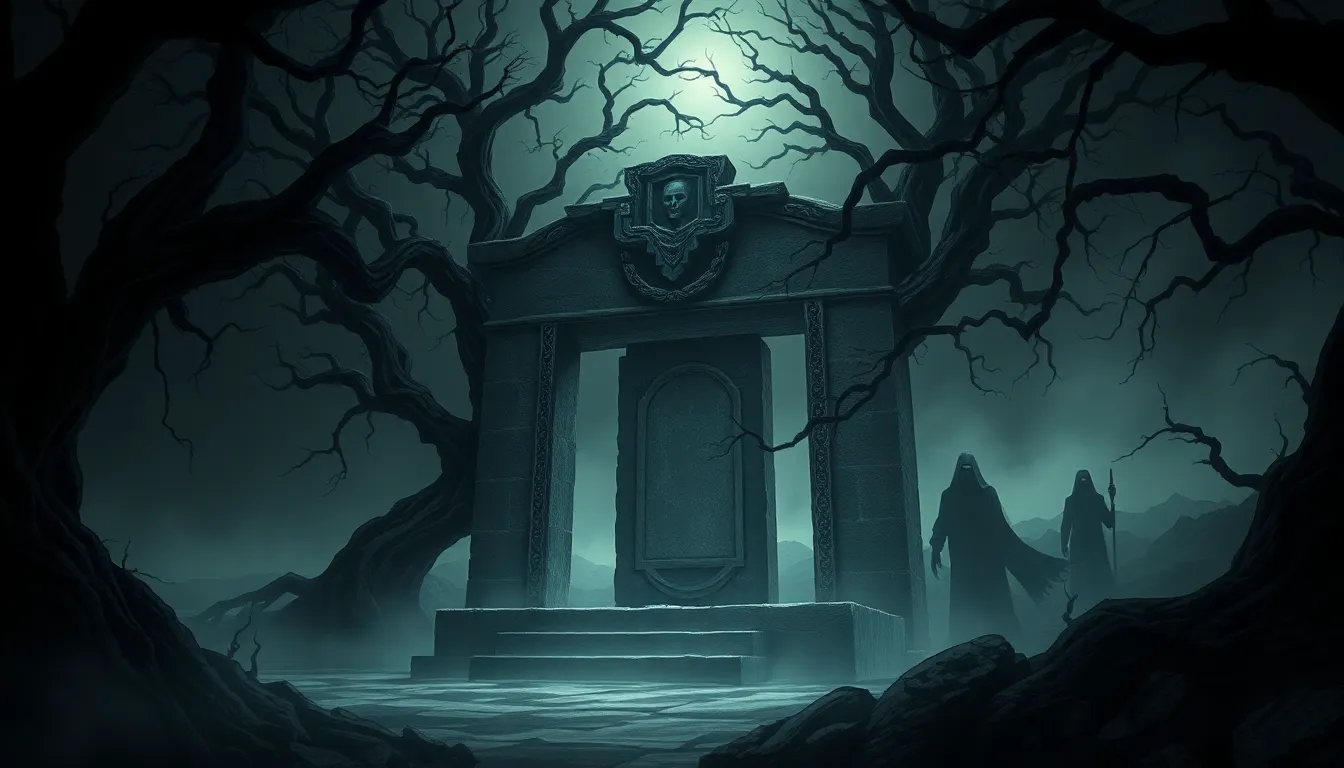In a world where sanity is just a suggestion and cosmic horrors lurk in the shadows, Lovecraftian horror games invite players to step into the unknown. These games don’t just challenge your reflexes; they mess with your mind, leaving you questioning reality and your own sanity. Imagine battling eldritch beings while trying to keep your character from going completely bonkers. Sounds fun, right?
Table of Contents
ToggleOverview of Lovecraftian Horror Games
Lovecraftian horror games draw inspiration from H.P. Lovecraft’s works, emphasizing themes of cosmic dread and the unknown. Players explore surreal environments filled with ancient entities that defy comprehension. In these games, the narrative typically unfolds through exploration, puzzle-solving, and encounters with nightmarish creatures.
Psychological tension plays a crucial role. Characters often grapple with their sanity as they confront existential threats. Developers use mechanics that trigger fear and anxiety, heightening immersion. An unreliable narrator or shifting narrative perspective can make players question their reality.
Many titles embrace a deliberate pacing. Slow revelation of lore enhances the sense of impending doom. Discovering fragments of the backstory often leads to deeper engagement with the game’s atmosphere. Players piece together the larger narrative while experiencing mounting horror.
Artistic design in Lovecraftian horror games creates a distinct visual experience. Dark, brooding environments, accompanied by unsettling soundscapes, amplify the sense of unease. Character designs often reflect grotesque or otherworldly features, reinforcing the game’s themes.
Titles like “Bloodborne,” “Amnesia: The Dark Descent,” and “Call of Cthulhu” exemplify the genre. Each game offers a unique interpretation of Lovecraftian horror, incorporating both narrative depth and gameplay mechanics that emphasize tension. As players progress, they uncover layers of mystery while facing unspeakable horrors that challenge both skill and sanity.
Key Themes in Lovecraftian Horror

Lovecraftian horror games explore profound themes that resonate deeply with players, creating immersive experiences that reflect existential dread and the limits of human understanding.
Cosmic Horror
Cosmic horror forms the backbone of Lovecraftian themes. H.P. Lovecraft’s works illustrate an indifferent universe filled with ancient, incomprehensible beings. Players confront this terrifying reality, often feeling small and insignificant. Games like “Bloodborne” embody this theme, presenting nightmarish landscapes where players encounter entities beyond human comprehension. The design choices emphasize isolation and despair, reinforcing a sense of existential dread. Players discover their fate often hinges on their limited understanding of the universe, creating a persistent atmosphere of tension.
Madness and Insanity
Madness and insanity permeate Lovecraftian horror narratives. Characters frequently grapple with their mental stability, challenged by horrifying truths about existence. In titles like “Amnesia: The Dark Descent,” psychological attacks manifest through gameplay, blurring the line between reality and delusion. Players experience the gradual unraveling of their sanity, accompanied by unsettling visuals and audio cues. As perceptions twist, players must confront their deepest fears and the fragility of their minds. This theme elevates the tension, ensuring that survival extends beyond physical threats to include psychological endurance.
Notable Lovecraftian Horror Games
Lovecraftian horror games offer rich, unsettling experiences that challenge players on multiple fronts. Their unique landscapes invite exploration, often leading to encounters with terrifying forces.
Bloodborne
“Bloodborne” stands as a hallmark of Lovecraftian horror gaming. Players traverse the gothic city of Yharnam, where blood and beastly transformations create an atmosphere of fear. The game emphasizes cosmic horror through its intricate lore, which hints at ancient deities lurking beyond comprehension. As players delve deeper, they confront maddening truths that erode their sanity with each revelation. Combat mechanics are fluid, demanding precision and reflexes, while environmental storytelling reinforces the feeling of isolation. Iconic enemies, like the Great Ones, leave a lasting impression, showcasing the hopelessness inherent in Lovecraft’s tales.
Amnesia: The Dark Descent
“Amnesia: The Dark Descent” revolutionized psychological horror within the gaming landscape. Players awaken in a derelict castle, plagued by amnesia and haunted by nightmarish apparitions. The game masterfully utilizes light and darkness to amplify fear, forcing players to navigate their surroundings while managing sanity. Unreliable memories unravel throughout gameplay, creating an eerie atmosphere. Intricate puzzles scattered across the castle engage players while revealing chilling aspects of the protagonist’s past. Encountering terrifying creatures accelerates the heart rate, ensuring that survival hinges on stealth and strategic planning rather than combat.
Game Mechanics and Features
Lovecraftian horror games focus on immersive experiences shaped by atmospheric design and complex narratives. These elements work together to create a sense of dread and uncertainty.
Atmosphere and World-Building
Atmospheric design in Lovecraftian horror games plays a pivotal role in player immersion. Dark environments filled with unsettling visuals evoke feelings of dread and vulnerability. Sounds, such as eerie whispers or distant growls, heighten the tension and keep players on edge. World-building is intricately crafted, often using lore to develop an expansive universe filled with ancient, incomprehensible beings. Environments shift in unpredictable ways, reinforcing themes of madness and isolation. Players navigate through haunting landscapes that reveal fragments of the chilling backstory, driving home the feelings of despair and existential dread.
Narrative and Storytelling
Narrative techniques in Lovecraftian horror emphasize psychological tension and uncertainty. Players often encounter unreliable narrators or fragmented storylines that challenge their perception of reality. Storytelling unfolds through exploration and the discovery of unsettling documents or artifacts, leading to a deeper understanding of the cosmic horrors at play. Themes of madness frequently emerge, with characters wrestling with their mental states while facing overwhelming truths. Dialogue often remains sparse, allowing environments to speak volumes about the unsettling lore. This method fosters suspense and deepens the player’s engagement with the narrative, as tensions rise and the stakes grow increasingly dire.
Lovecraftian horror games offer a unique blend of psychological tension and cosmic dread that captivates players. These experiences challenge not only reflexes but also the very perception of reality, immersing players in worlds filled with ancient horrors and existential threats. As they navigate dark environments and unravel complex narratives, players confront their deepest fears and the fragility of sanity.
The genre continues to evolve, with developers pushing boundaries to create unsettling atmospheres and intricate lore. Each title brings a fresh interpretation of Lovecraft’s themes, ensuring that the allure of cosmic horror remains strong. For those seeking a gaming experience that delves into the unknown, Lovecraftian horror games provide an unforgettable journey into madness and mystery.

